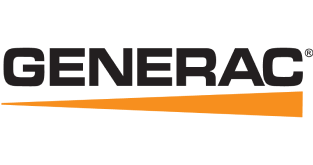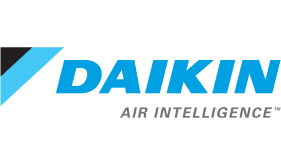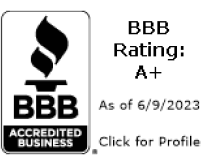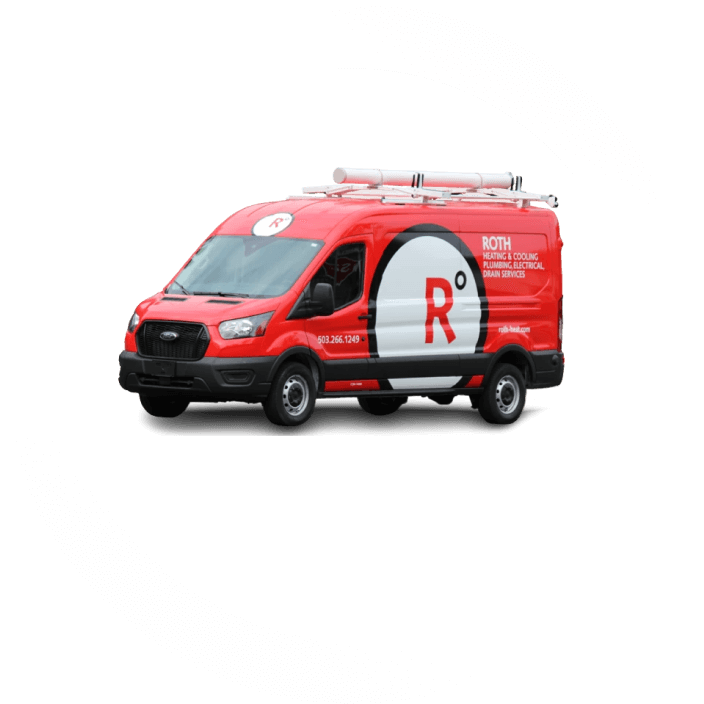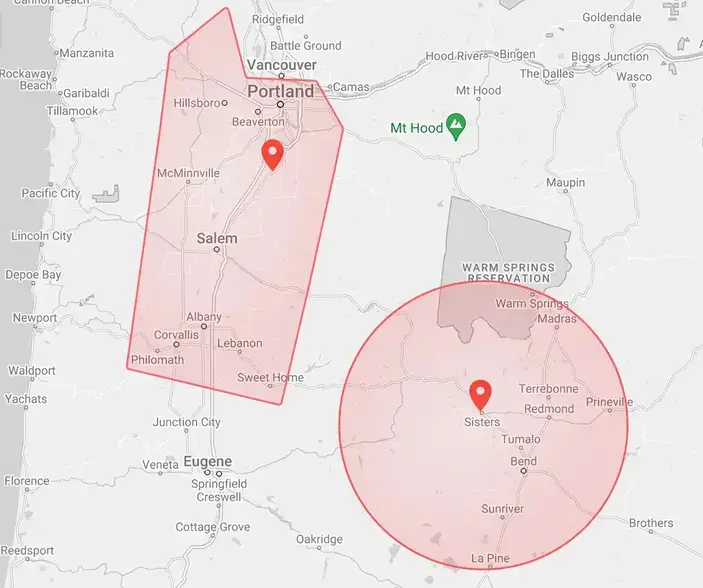Homeowners don’t have to wait for remodeling projects, or for old appliances to fail, before considering a new water heater for their home. Forward planning is a good idea, removing the potential to make rushed and costly mistakes. Water heater choices can be dizzying, so a little homework is a good idea.
Tankless or Storage: Conventional storage (sometimes called “tank”) water heaters are available in sizes that typically range between 20 and 80 gallons. While this is tried-and-tested technology, most units require a considerable amount of space. A further downside is “standby heat loss,” the leaching of energy from already-heated water while it waits to be used.
On-demand (also known as “tankless”) water heaters raise the temperature of the water as it’s called for. Physically, these are comparatively small units, and standby losses are eliminated. However, their ability to deliver high volumes is limited, so they may not suit multiple-member households who run several faucets or appliances at the same time. Many homeowners address this issue by installing one whole-house tankless unit, supplemented by one or more point-of-use units at strategic locations.
Both tankless and storage tank water heaters come with the option of using gas or electricity as the energy source. Each has its advantages and disadvantages, a point that you’ll want to discuss with your HVAC technician or plumber.
Energy Efficiency: The government-backed Energy Star initiative suggests that “Heating water accounts for approximately 15 percent of a home’s energy use.” Investing in a high-efficiency water heater makes a lot of sense in that context; they can use as little as 50 percent of the energy consumed by standard equipment. Efficiency is referred to as the appliance’s Energy Factor, or EF, which is described as a numeric value on its EnergyGuide label. The higher that number, the more efficient the water heater’s performance will be.
Energy Star-certified appliances do tend to cost more at initial purchase, though, so the trade-off should be considered. Factor in your household’s size and typical consumption pattern.
Modern Features: Solar water heating is an attractive innovation, given that harnessing the sun’s energy can cut fuel consumption by as much as 90 percent. Solar water heaters are comparatively expensive to purchase, though. Further, the need to keep a conventional water heater installed and serviced, as a backup source, may be a discouraging factor.
Now you’ve done your homework, it’s time to have a well-informed conversation with a heating professional. In the Portland area, please contact Roth Home & Cooling with all of your questions.









